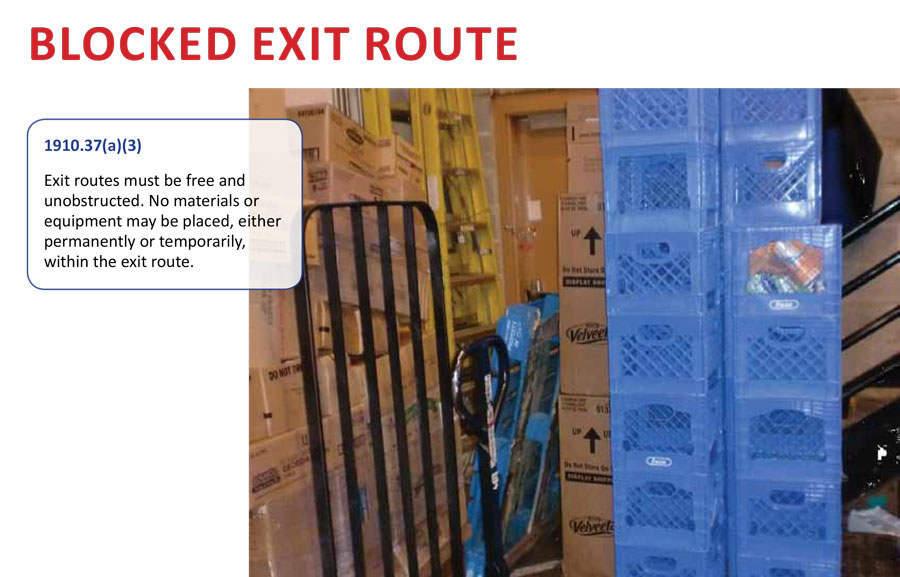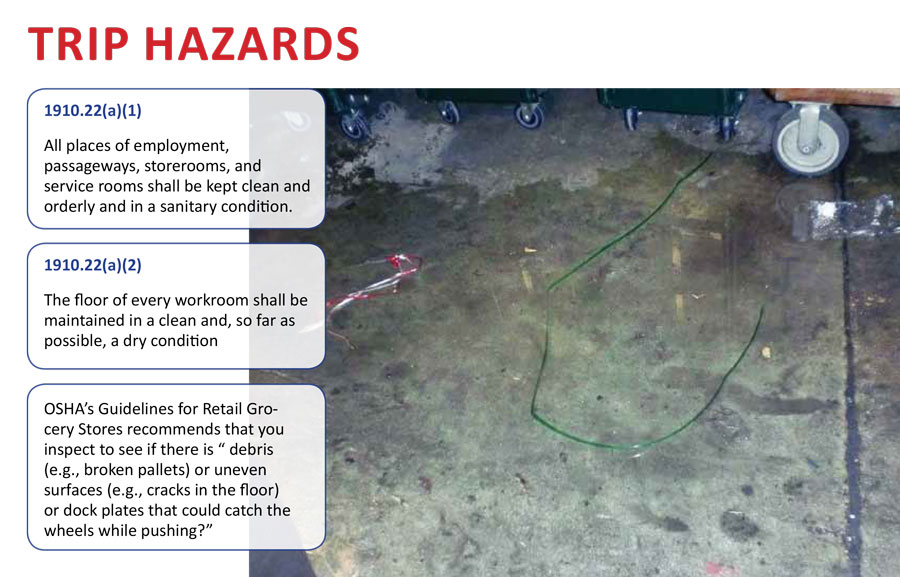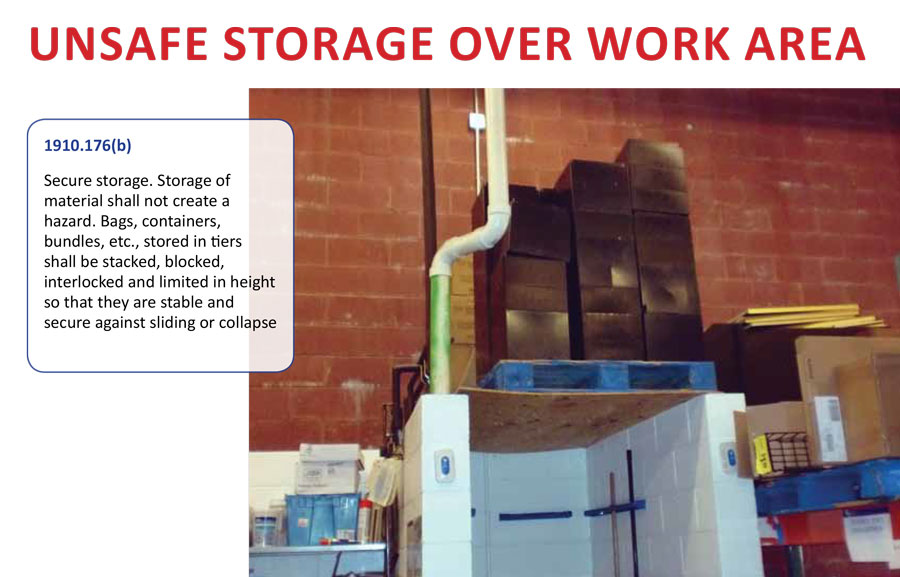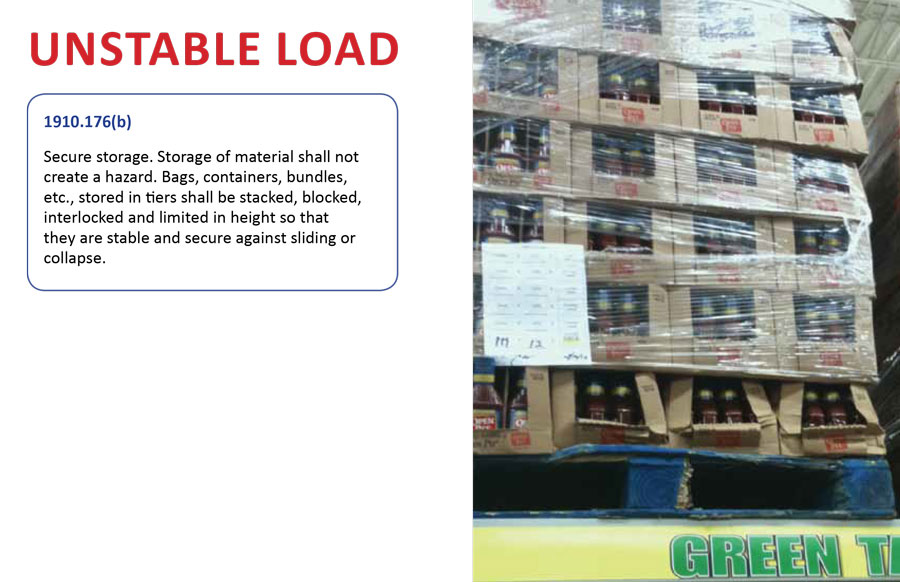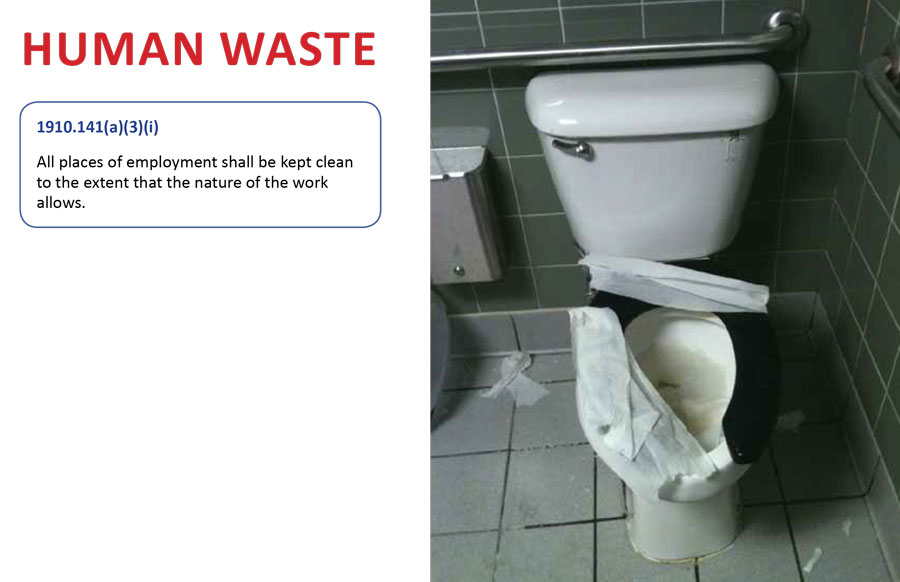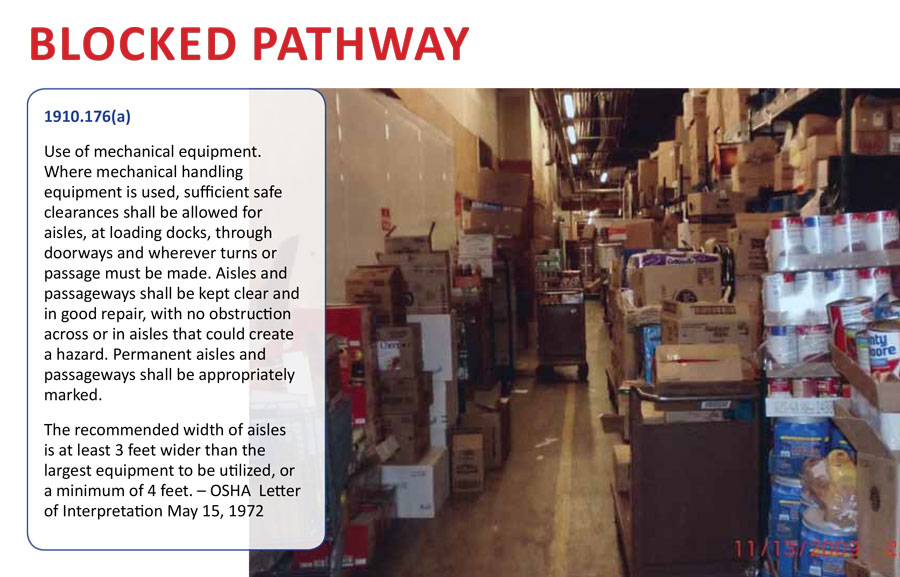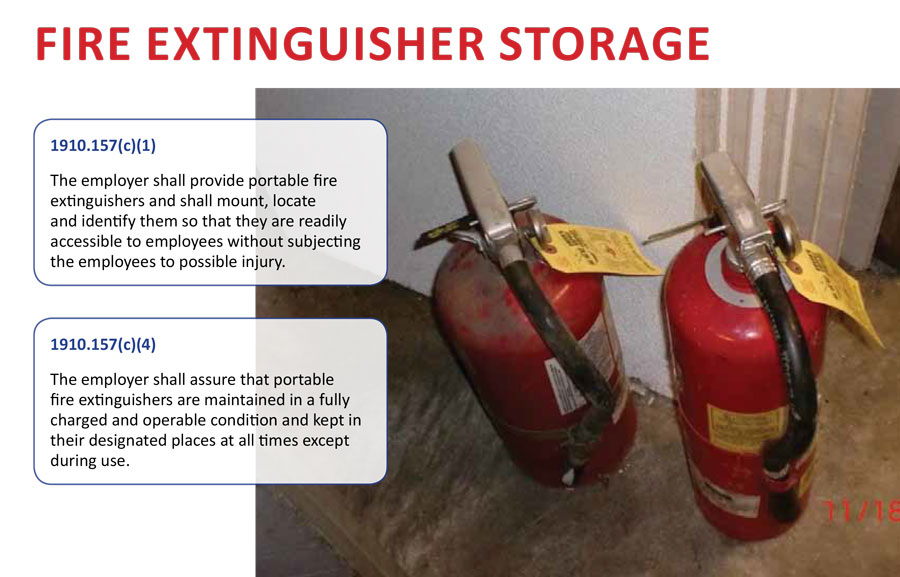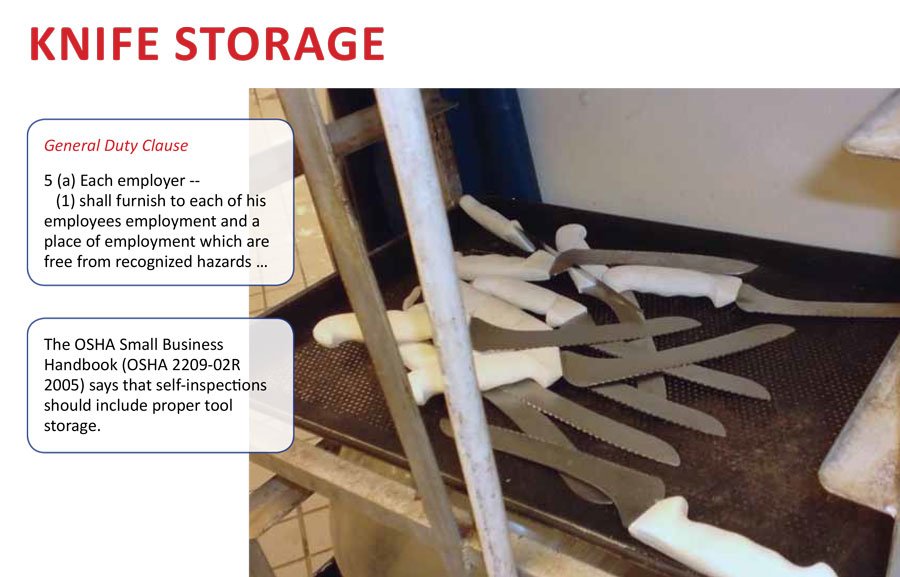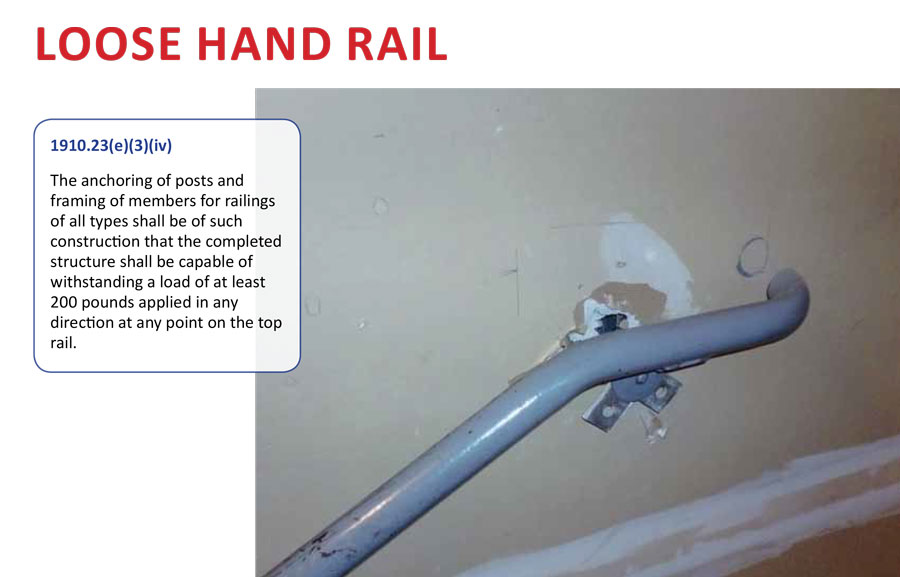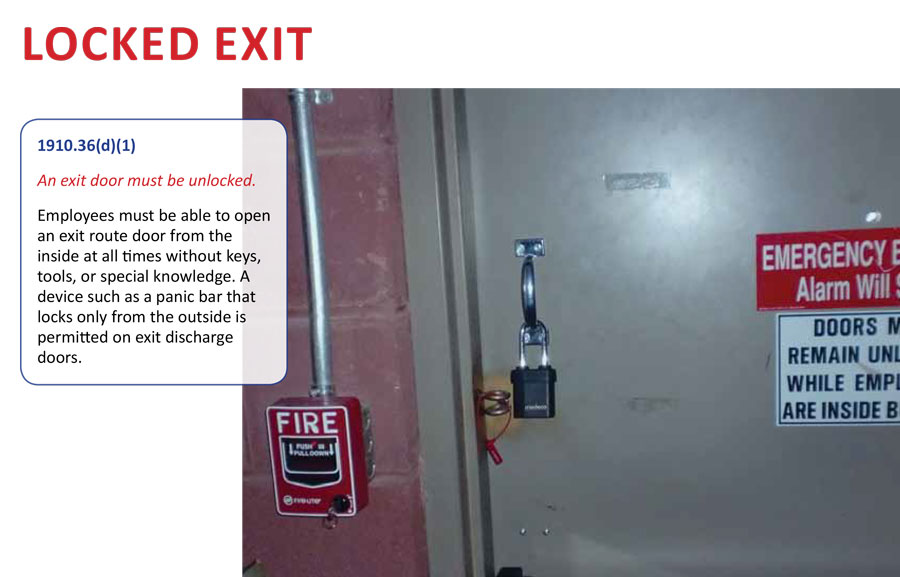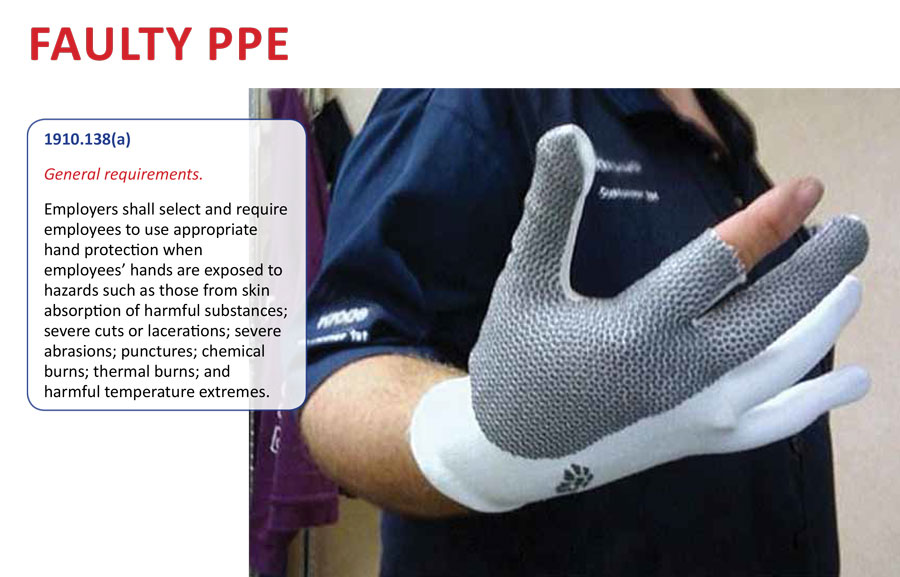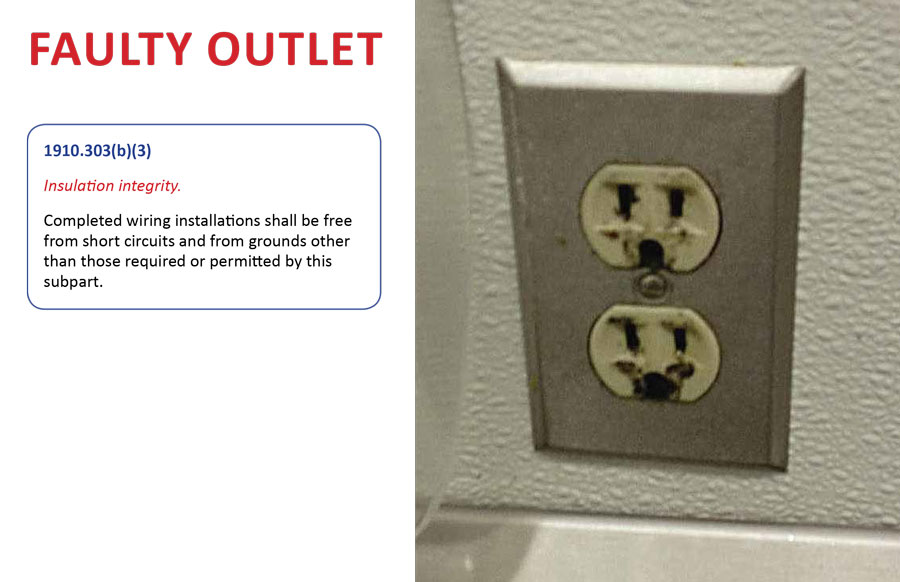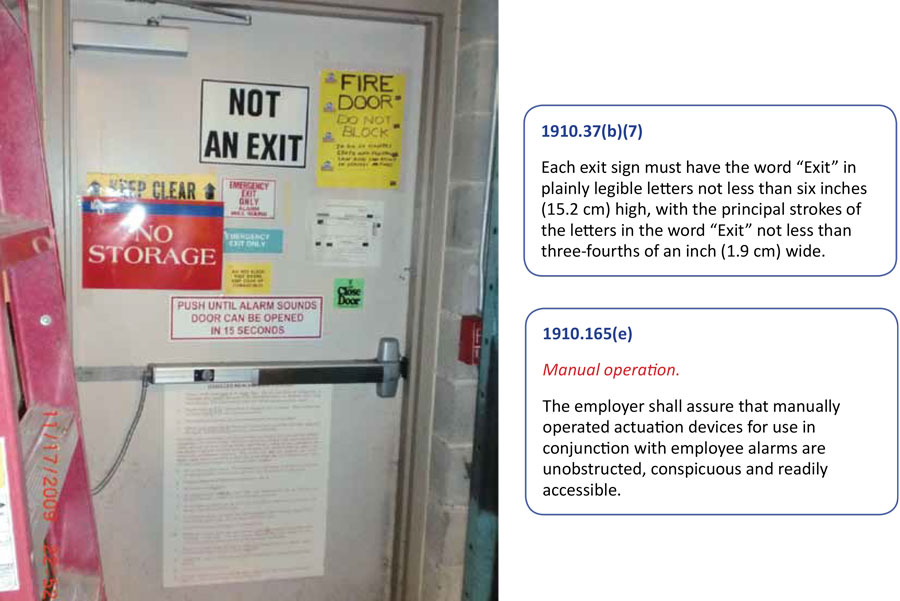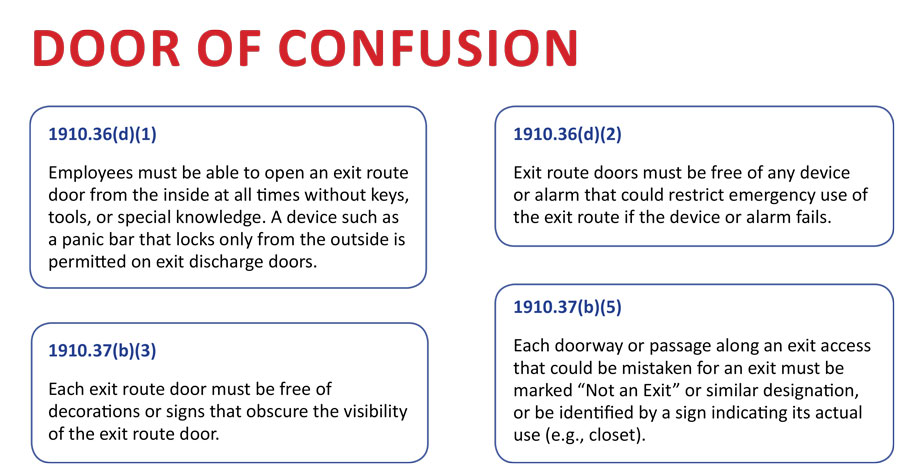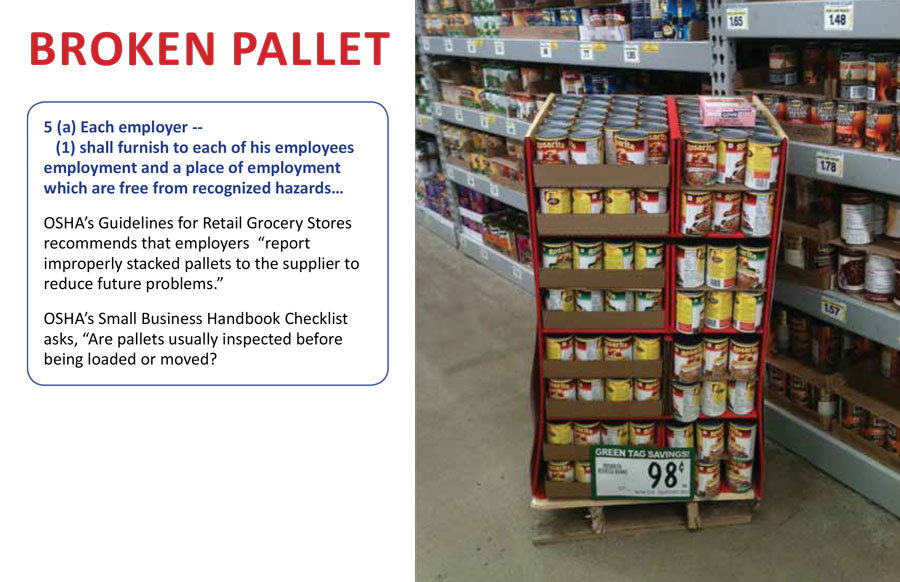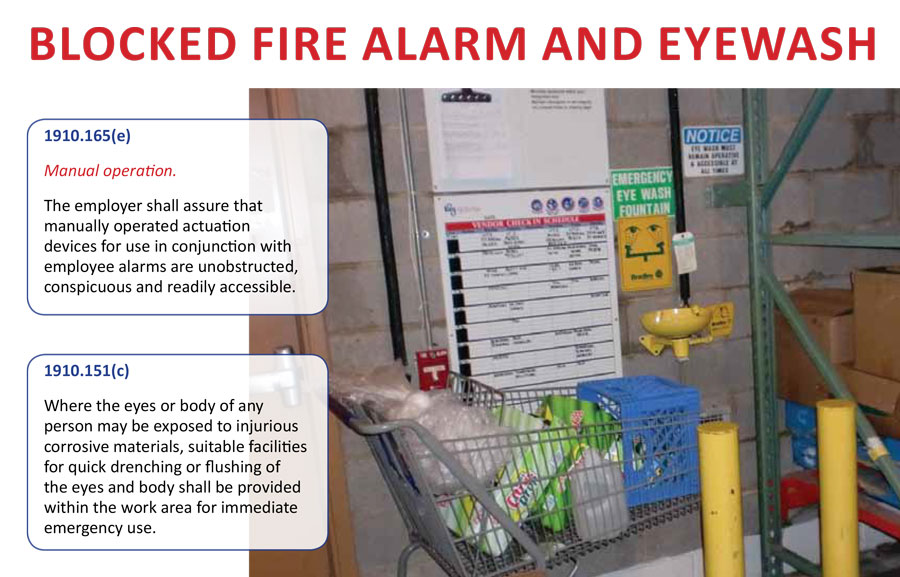September 3, 2014
UFCW and OUR Walmart Help Pass Paid Sick Day Legislation in California
 After intense lobbying from UFCW members and members of OUR Walmart, both houses of the California legislature have passed a bill guaranteeing workers up to three paid sick days a year.
After intense lobbying from UFCW members and members of OUR Walmart, both houses of the California legislature have passed a bill guaranteeing workers up to three paid sick days a year.
The legislation includes part-time and temporary workers, making it one of the strongest in the nation. Home health care workers are exempted. Governor Jerry Brown has indicated he will sign the bill into law.
About 40 percent of California’s workforce is currently not eligible for paid sick days. Across the state, retail workers successfully made the case that no one should be forced to risk their job and their livelihood just because they get sick.
The United States is the only developed country that does not guarantee paid sick leave to workers. Late last year, Rep. Rosa DeLauro (D-CT) introduced the FAMILY Act, a bill to create a national paid family and medical leave insurance program. House Republicans have refused to bring it up for a vote.
In the meantime, UFCW members, OUR Walmart, and their allies will continue to push for action at the state and local levels.
August 29, 2014
The Way They Worked: UFCW International Secretary-Treasurer Marc Perrone Shares How His Grandparents Shaped His Work Ethic
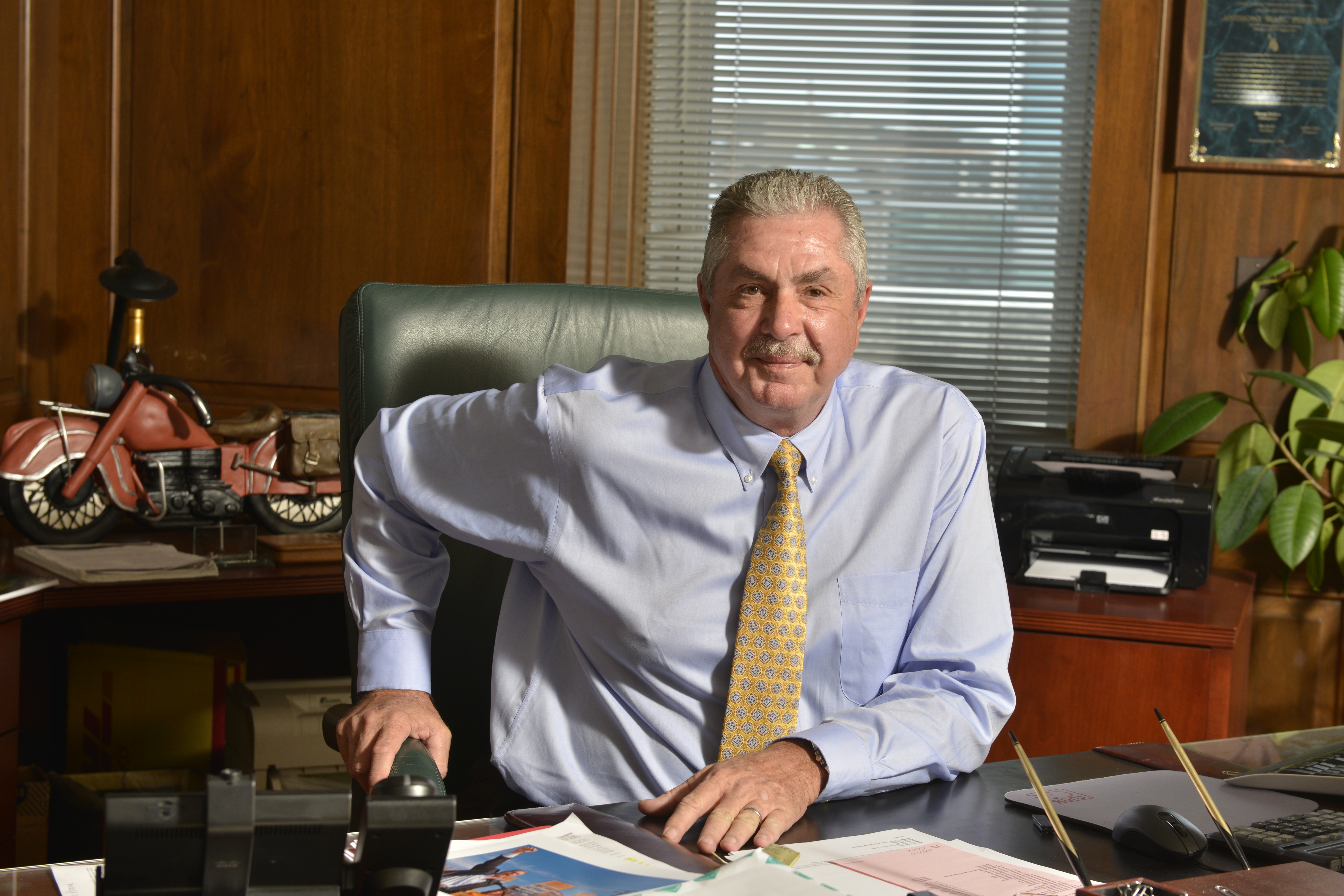 This Labor Day weekend, Jobs with Justice has launched a series of stories called The Way They Worked to collect and share stories from people in the labor movement about how their grandparents worked, and what they learned from them. We sat down with our own UFCW International Secretary-Treasurer Marc Perrone to hear about his grandfather Joe and grandmother Gaetana:
This Labor Day weekend, Jobs with Justice has launched a series of stories called The Way They Worked to collect and share stories from people in the labor movement about how their grandparents worked, and what they learned from them. We sat down with our own UFCW International Secretary-Treasurer Marc Perrone to hear about his grandfather Joe and grandmother Gaetana:
My grandmother arrived in America through the port of New Orleans and my grandfather through Ellis Island, both immigrating from Italy.
Before my grandmother Gaetana met her future husband Joe, she stayed for a while in Louisiana among other Italian immigrants, and her brother worked in the cane fields. Unfortunately, Gaetana’s brother died while working out in the fields one day. The people who employed Gaetana’s brother never notified his family, and buried him in an unmarked grave.
This sad occurrence was just one example of the experiences many immigrant families faced in those times.
Eventually, both of my grandparents and their families moved to Texas where they became sharecroppers and farmers. Joe and Gaetana eventually met and married.
As immigrants, my grandparents and their families experienced a good deal of discrimination. They would always tell me a story, and it has really stuck with me all these years. Before they were sharecroppers, my grandfather and his younger brother had heard that the railroad company was laying track and that there were jobs to clear the land. They walked over to the job-site but were told that since they did not own any tools, they couldn’t get the job. So, my grandfather and his brother walked into town and went to a hardware store. They didn’t have any money, but they talked to the store owner to work out a deal where they could each buy an axe on credit so they could work. Finally, the store owner agreed to the deal and gave them the axes on the condition they pay him back. The brothers then returned to the job-site to talk to the foreman about hiring them, since they now owned the appropriate equipment. However, the foremen simply told them, “we don’t hire Italians here.”
The brothers protested, saying they had been told if they got the tools they could work, but the answer was the same. The brothers were forced to return to the hardware store and return the unused axes, but the store owner refused to take them back, leaving the brothers in debt to him, with no foreseeable way for them to pay him back.
My grandmother Gaetana also had been teased so much about her Italian name in school that she changed her name to Agnes, and was harassed so badly for being an immigrant that she dropped out of school and never learned to read or write.
Despite these hardships, my grandparents worked very hard as sharecroppers and were eventually able to scrape enough money together to buy a plot of land, which they farmed, raising cattle and other farm products. They were up at 5:00 every morning and out the door, checking on the animals, plowing the fields, baling hay, and keeping things going.
The main thing I learned from my grandparents was that if you wanted something in life, you had to work really hard to get it. But if you did that, and respected people, then good things would come to you–and that you could in fact make it, even if you started with nothing.
The other thing I learned, was just how important family was. In addition to working hard on the farm and garden, my grandmother always made sure we had a big traditional Italian Sunday dinner, with home-made spaghetti sauce. And my grandfather always told me, no matter what it was about, I could always come to my family with a problem or if I needed help.
Seeing discrimination and experiencing it themselves, my grandparents were believers in respecting people–treating them fairly and decently, and that had a big impact on me. For many people, families are often your only support system. Today, so many people come to America for a better life, and have to find work and face all kinds of barriers, including discrimination. Many come all by themselves, and their families are far, far away. In these situations, who becomes your support system when you are treated unfairly at work? When workers stick together, that support system is each other. When you are going through the same experiences, or living in worker housing together, people learn to rely on each other and work together to make things better. I think that’s a big part of why I started getting involved in the union.
America’s economy benefits from the hard work and contributions from immigrants, but they are often taken advantage of, discriminated against, or left vulnerable by a lack of protections in the workplace. Both in the days of my grandparents, and today, employers try to drive apart immigrants from different countries or races, or pit them against each other, so that it is harder for them to unite in dealing with issues in the workplace. But when workers stand together they have the power to change things that aren’t right, and even the playing field.
That’s why, as a union, we try to help immigrants however we can–whether it’s creating a path to citizenship, or bargaining for important workplace protections. Your union is truly your family when your support system is far away, and even if it isn’t. When my father died, I had been working for our union, the UFCW, for 33 years. I was walking out of the church from his funeral, and saw the former director who had hired me to work at UFCW coming in. He was over eighty years old, had been retired for 20 years, and had traveled over 100 miles to be there. That really demonstrated to me how union people are your family.
Whether someone is an immigrant or not, unions are avenues and vehicles for people to improve their lives. They are made up of groups of people that provide physical and psychological support, and can be the difference in feeling like you are powerless to change something, to feeling empowered to make a difference.
Tell us about your grandparents’ work story! Send submissions to Submissions@ufcw.org, post on our facebook page, or fill out an online form here.
August 23, 2014
UCAN Workshop Helps UFCW Members on Path to Citizenship
 Today UFCW Local 431 Cargill workers attended a UFCW Union Citizenship Action Network (UCAN) workshop in Beardstown, Ill. The workshop focused on legal services, the process to become a citizen, and other immigration and citizenship issues. Nearly 75 people attended the workshop and 22 people received assistance filling out their naturalization applications. This will start them on the path to becoming U.S. citizens.
Today UFCW Local 431 Cargill workers attended a UFCW Union Citizenship Action Network (UCAN) workshop in Beardstown, Ill. The workshop focused on legal services, the process to become a citizen, and other immigration and citizenship issues. Nearly 75 people attended the workshop and 22 people received assistance filling out their naturalization applications. This will start them on the path to becoming U.S. citizens.
In the face of inaction on comprehensive immigration reform by Congress, the UFCW launched the UCAN program to be a resource for workers looking to apply for citizenship. UCAN helps provide the proper documents, legal counsel, and other assistance necessary to get the process started. The program also positions the UFCW to be able to help many more workers once comprehensive immigration reform becomes law.
In Beardstown, the UFCW partnered with the National Partnership for New Americans, the Illinois Coalition for Immigrant and Refugee Rights, the Immigrant Project, and the Center for Worker Justice of Eastern Iowa. African language translators and interpreters were made available to meet the needs of workers.
Upcoming UCAN workshops will be held in West Liberty, and Waterloo, Iowa, respectively.
July 31, 2014
UFCW President Hansen Statement on Final USDA Poultry Modernization Rule
 WASHINGTON, D.C. — Joe Hansen, International President of the United Food and Commercial Workers International Union (UFCW), today released the following statement after the USDA published a final poultry modernization rule.
WASHINGTON, D.C. — Joe Hansen, International President of the United Food and Commercial Workers International Union (UFCW), today released the following statement after the USDA published a final poultry modernization rule.
July 31, 2014
UFCW President Hansen Statement on Final USDA Poultry Modernization Rule
 WASHINGTON, D.C. — Joe Hansen, International President of the United Food and Commercial Workers International Union (UFCW), today released the following statement after the USDA published a final poultry modernization rule.
WASHINGTON, D.C. — Joe Hansen, International President of the United Food and Commercial Workers International Union (UFCW), today released the following statement after the USDA published a final poultry modernization rule.
“For more than two years, UFCW members have spoken out with a simple and compelling message: safe line speeds mean safe workers.
“With today’s publication of an improved poultry modernization rule, it is clear that the voices of UFCW members were heard loud and clear.
“I want to thank our coalition partners in labor, food safety, and the civil rights community for standing side by side with us throughout this process. I want to recognize the Department of Labor for raising important safety questions. And I especially want to commend Secretary Vilsack for listening to our concerns and taking the necessary steps to fix this rule.
“Poultry processing remains a dangerous job; a recent study showed 42 percent of workers in this industry have evidence of carpal tunnel. With this rule behind us, I look forward to working with the Department of Labor and the USDA to make our poultry plants safer and ensure more workers can have a voice on the job.”
###
The United Food and Commercial Workers International Union (UFCW) represents more than 1.3 million workers, primarily in the retail and meatpacking, food processing and poultry industries. The UFCW protects the rights of workers and strengthens America’s middle class by fighting for health care reform, living wages, retirement security, safe working conditions and the right to unionize so that working men and women and their families can realize the American Dream. For more information about the UFCW’s effort to protect workers’ rights and strengthen America’s middle class, visit www.ufcw.org, or join our online community at www.facebook.com/UFCWinternational and www.twitter.com/ufcw.
July 31, 2014
UFCW President Hansen Statement on Executive Order Creating a Pro-Worker Procurement Process
WASHINGTON, D.C. — Joe Hansen, International President of the United Food and Commercial Workers International Union (UFCW), today released the following statement in response to President Obama’s executive order designed to ensure that the United States only does business with companies that respect workers’ rights.
“The President’s executive order makes clear that the U.S. will not do business with companies that violate our nation’s labor laws. Employers who cheat workers out of wages, fail to provide safe workplaces, and illegally retaliate against those who try to organize a union should never be considered for a government contract. On the other hand, companies that uphold our laws and treat their workers with dignity and respect should be given preference when it comes to federal procurement.
“Today’s announcement builds on years of work by UFCW members and our partner unions to create a system that is fairer for workers and encourages a race to the top when it comes to labor standards. These efforts included a 2013 resolution passed unanimously by delegates to the UFCW convention calling on the creation of a ‘High Road’ procurement process.
“In the last several years, the meat and poultry industries have received over 1 billion dollars from taxpayers. Many workers in these industries work full-time yet are not paid enough to support themselves or their families. They also must endure dangerous workplace conditions and chronic underreporting of injuries by their employers. This executive order sends a message that companies who engage in this type of anti-worker activity must change the way they do business or lose access to their government contracts.
“I want to thank President Obama, Secretary of Labor Perez, and all those involved in crafting this executive order. Today’s announcement is an important first step in ensuring our government is doing everything in its power to protect America’s workers.”
###
The United Food and Commercial Workers International Union (UFCW) represents more than 1.3 million workers, primarily in the retail and meatpacking, food processing and poultry industries. The UFCW protects the rights of workers and strengthens America’s middle class by fighting for health care reform, living wages, retirement security, safe working conditions and the right to unionize so that working men and women and their families can realize the American Dream. For more information about the UFCW’s effort to protect workers’ rights and strengthen America’s middle class, visit www.ufcw.org, or join our online community at www.facebook.com/UFCWinternational and www.twitter.com/ufcw.
July 30, 2014
UFCW President Hansen Statement in Support of Making Union Organizing a Civil Right
WASHINGTON, D.C. — Joe Hansen, International President of the United Food and Commercial Workers International Union (UFCW), today released the following statement regarding the Employee Empowerment Act.
“Martin Luther King, Jr. referred to organized labor as the ‘principal force that transformed misery and despair into hope and progress.’ He believed, as we do, that union rights are civil rights. For decades, these rights have been under attack by those who want to deny workers a voice on the job. Workers are routinely fired or otherwise retaliated against for standing up and speaking out. This is against the law. But too many employers would rather pay fines under the National Labor Relations Act (NLRA) than allow for a process that lets workers choose a union freely and fairly. To them, these minimal penalties are not a deterrent, but the cost of doing business.
“The Employee Empowerment Act would amend the NLRA to give victims of labor discrimination the same protections available under the 1964 Civil Rights Act. Currently, back pay is the only remedy available to these workers. Passage of this legislation would give victims the right to sue for compensatory and punitive damages in federal court, ensuring employers are held appropriately accountable for illegal retaliation and truly discouraging anti-union activity.
“The rise in labor discrimination hurts all Americans, but especially workers of color. Unionized African-American workers make 36 percent more than their non-union counterparts. For Latino workers, the union advantage is even greater. I urge Congress to swiftly pass this legislation which is good for workers, our economy, and builds on the successes of the Civil Rights Act.”
###
The United Food and Commercial Workers International Union (UFCW) represents more than 1.3 million workers, primarily in the retail and meatpacking, food processing and poultry industries. The UFCW protects the rights of workers and strengthens America’s middle class by fighting for health care reform, living wages, retirement security, safe working conditions and the right to unionize so that working men and women and their families can realize the American Dream. For more information about the UFCW’s effort to protect workers’ rights and strengthen America’s middle class, visit www.ufcw.org, or join our online community at www.facebook.com/UFCWinternational and www.twitter.com/ufcw.
July 25, 2014
Hansen: President Obama Should Go Big on Immigration Reform
 On Monday, President Obama went big by signing a loophole-free executive order to protect employees of federal contractors and the federal government from employment discrimination based on sexual orientation and gender identity. In the face of inaction by Congress, he demonstrated the will and authority to use his executive powers to help solve our nation’s challenges. He should tackle immigration with equal fervor.
On Monday, President Obama went big by signing a loophole-free executive order to protect employees of federal contractors and the federal government from employment discrimination based on sexual orientation and gender identity. In the face of inaction by Congress, he demonstrated the will and authority to use his executive powers to help solve our nation’s challenges. He should tackle immigration with equal fervor.
Just as in the case of employment discrimination, the Senate has passed bipartisan comprehensive immigration reform legislation but the House has refused to act. It is long past time to stop the deportation of those who would be eligible for citizenship under the Senate bill. President Obama now needs to go big on immigration so aspiring Americans can live and work without fear.
The unfolding humanitarian crisis on the border further highlights the urgent need to fix our broken immigration system and create a clear and fair path to citizenship. Yet some Congressional Republicans are using the plight of immigrant families to call for even stricter enforcement policies. It’s shameful.
To be clear—the two issues are separate. The influx of young people across the border is the result of a 2008 law that gave immigrant children from certain countries the opportunity to seek asylum before being deported. Congress should provide the Obama Administration the necessary resources to protect these children and ensure they receive due process. But that is not a substitute for dealing with the 11 million undocumented immigrants who were here long before anyone was talking about unaccompanied minors.
UFCW members have fought long and hard for immigration reform. We have lobbied our members of Congress, spoken out at town hall meetings, signed petitions and post cards, attended rallies, and participated in civil disobedience. We have seen the wreckage of our broken immigration system firsthand—from the raided meatpacking plant to the worker who lives in fear of deportation to the husband kept apart from his wife and children.
The UFCW is part of a national movement that has led the way in changing the narrative. At this point in time, an overwhelming majority of Americans support comprehensive immigration reform, including most Republicans. A broad coalition of leaders and groups are now calling for fair, just, and humane immigration reform.
Yet it is clear that opponents are going to try every excuse in the book—including the current situation on the border— to undermine, delay, or derail immigration reform. We cannot let them. It has been over a year since the Senate passed comprehensive immigration reform and families are still being torn apart. Over a year has passed and aspiring Americans are still living in the shadows. Over a year has passed and immigrant workers are still vulnerable to exploitation. Enough is enough. The men and women being harmed by our broken immigration system are Americans in every way but on paper. It is time for President Obama to take bold and decisive action on their behalf.
http://www.huffingtonpost.com/joe-hansen/president-obama-should-go_b_5622095.html
July 22, 2014
UFCW President Hansen Statement on Schedules That Work Act
 WASHINGTON, D.C. — Joe Hansen, International President of the United Food and Commercial Workers International Union (UFCW), today released the following statement regarding introduction of the Schedules That Work Act.
WASHINGTON, D.C. — Joe Hansen, International President of the United Food and Commercial Workers International Union (UFCW), today released the following statement regarding introduction of the Schedules That Work Act.
“If you ask a worker in the retail industry what improvements can be made to their job, the response is likely to include scheduling. Fair, flexible, and reliable scheduling is a simple way to ensure workers are treated with dignity and respect. In a perfect world, employers would view workers as human beings with competing life demands rather than numbers on a balance sheet. But in reality, scheduling is more erratic than ever.
“The Schedules That Work Act would provide workers modest safeguards and begin to curb the most abusive scheduling practices. This includes a presumption that workers who need a schedule change due to child care, school, a second job, or medical needs will receive that change unless there is a bona fide business reason not to. The legislation also provides retail workers advance notice of their schedules and guarantees minimum pay when they are sent home from work before completing their entire shift.
“This legislation would ensure all workers have the rights fought for and won by UFCW members for decades. Our contracts have long guaranteed predictable and adequate scheduling. The law of the land should do the same. I urge Congress to pass the Schedules That Work Act as soon as possible.”
###
The United Food and Commercial Workers International Union (UFCW) represents more than 1.3 million workers, primarily in the retail and meatpacking, food processing and poultry industries. The UFCW protects the rights of workers and strengthens America’s middle class by fighting for health care reform, living wages, retirement security, safe working conditions and the right to unionize so that working men and women and their families can realize the American Dream. For more information about the UFCW’s effort to protect workers’ rights and strengthen America’s middle class, visit www.ufcw.org, or join our online community at www.facebook.com/UFCWinternational and www.twitter.com/ufcw.
July 17, 2014
Safety and Health: Hazards in the Retail Workplace
This guide was created to help make the legal language of the Occupational Health and Safety Administration (OSHA) easier to understand.
We hope the combination of the OSHA standards with photos of hazards will help you spot and eliminate dangerous situations. We invite you to read on and be alert for these hazards in your own workplace. Contact your Union Representative with questions or concerns.

